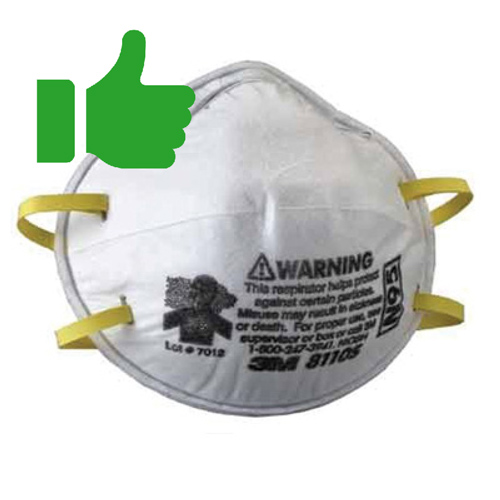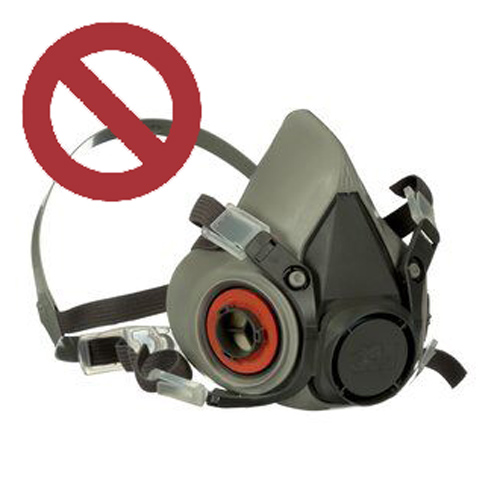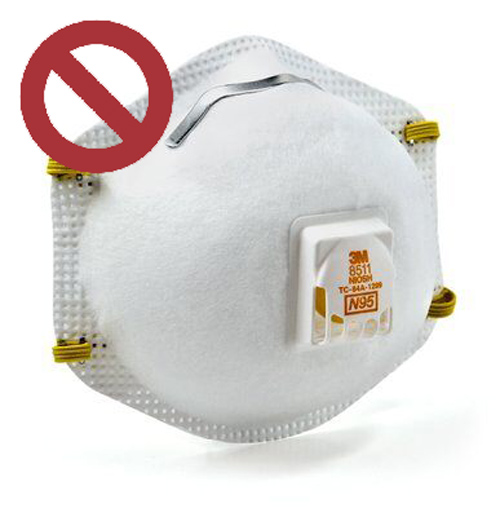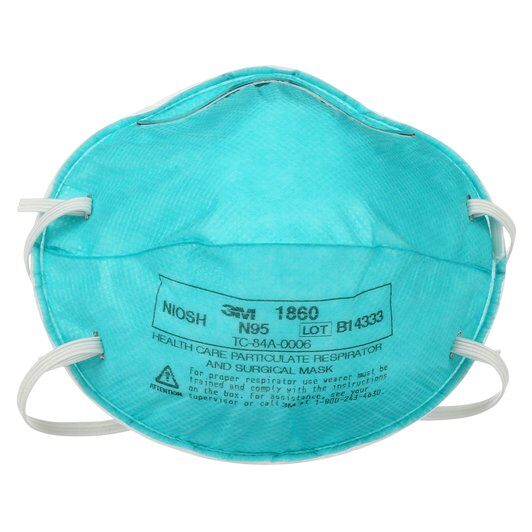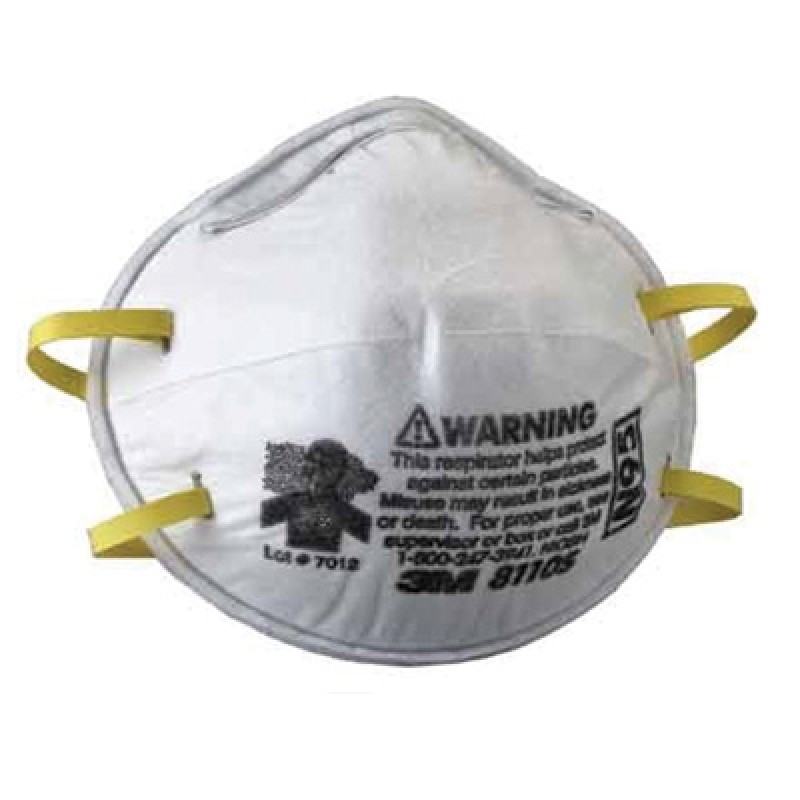Written by David Gardner, Senior Occupational Health and Safety Consultant
The “new normal” will require changes to how we do business. This includes the current threat of COVID-19 and any biological threats that may arise in the future. In order to minimize risk and prepare for re-occupancy, plans must consider the use of personal protective equipment (PPE) such as gloves and respirators. This is certainly important for medical professionals like dentists, therapists and personal care workers; but it is also important for other workplaces where workers or the public need protection while conducting higher risk activities, or where physical/social distancing is difficult or not possible. This can include retail and commercial businesses, building maintenance activities, restaurants, and other places where people congregate.
A filtering facepiece respirator (FFP), like an N95 mask, will be the answer in many cases. Here are 7 facts about N95 respirators that you should be aware of so you and your workers get the expected level of protection.
#7 – Exhale
N95 filtering facepiece respirators can provide protection for both the users and those around them. This is because there is no unfiltered exhalation valve like on moulded half facepiece respirators and some N95 respirators have.
#6 – Certified
In Canada, N95 respirators must be certified by The National Institute for Occupational Safety and Health (NIOSH)
*** Recently, Health Canada and some Provincial Jurisdictions have allowed the use of respirators certified by other organizations ***
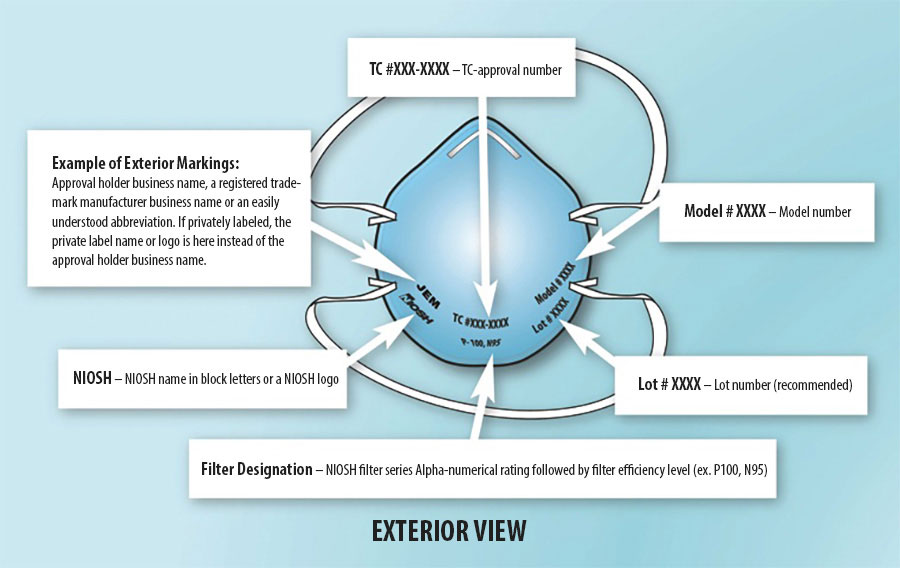
https://www.cdc.gov/niosh/npptl/topics/respirators/disp_part/default.html
#5 – Printed
NIOSH certified respirators will have NIOSH printed on them.
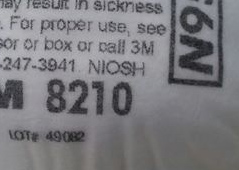
#4 – Expiry Date
N95 respirators have an expiry date. This is because plastic straps and other components can break down with time.
*** During the current pandemic, Health Canada notes that expired respirators may still be safely used if properly inspected and fitted. ***
#3 – Equally Protective
N95 respirators intended for medical settings have different certifications than those used in general industry, but Health Canada advises that those certified for industry can be used if medical grade versions are not available.
#2 – Reusable
Filtering facepiece N95 respirators are considered single use or disposable, because the edges of the mask must form a seal around the nose and mouth. Placing these respirators on and removing them from your face can contaminate the inside and distort the respirators form which may interfere with achieving a proper fit. However, Health Canada advises that disposable respirators can be reused if cleaned, inspected and used properly. Watch this clever video on how you can safely remove an N95 mask and store it for reuse.
#1 – Fit
All health and safety regulators require that workers be trained on how to properly select, inspect, put on (don), take off (doff) and take care of respirators. Some elements of a training program necessary for the safe use of N95’s includes:
- Knowledge of respirators components, their functions and how to inspect them
- Limitations of the respirator
- How to ensure a good facial fit check
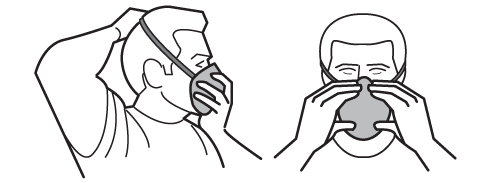
In order to know that a respirator can be fitted properly, regulators require that formal fit testing be completed by using the methods outlined in the CSA standard Z94.4-018, for the Selection, Care and Use of Respirators.
If you need assistance completing respirator training and fit testing for your workforce, we encourage you to contact your local Pinchin office for support or call us toll-free at 1-855-PINCHIN (746.2446).
All of our courses are delivered by experienced and qualified trainers, including Canadian Registered Safety Professionals (CRSP), Registered Occupational Hygienists (ROH) and Certified Industrial Hygienists (CIH).
